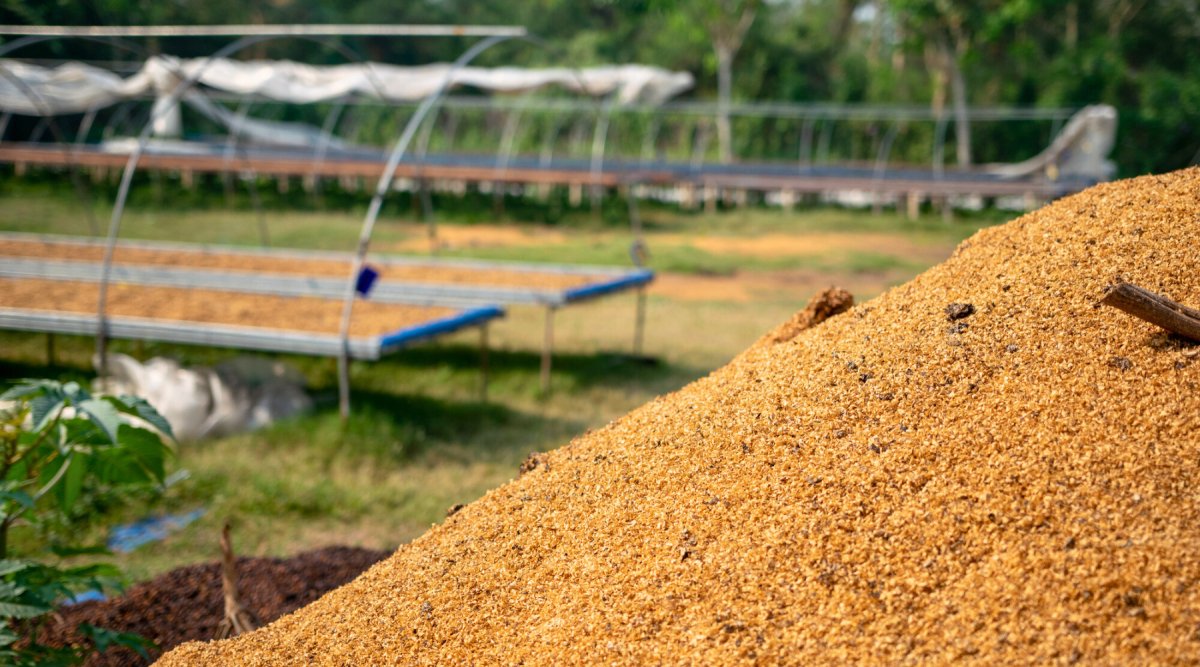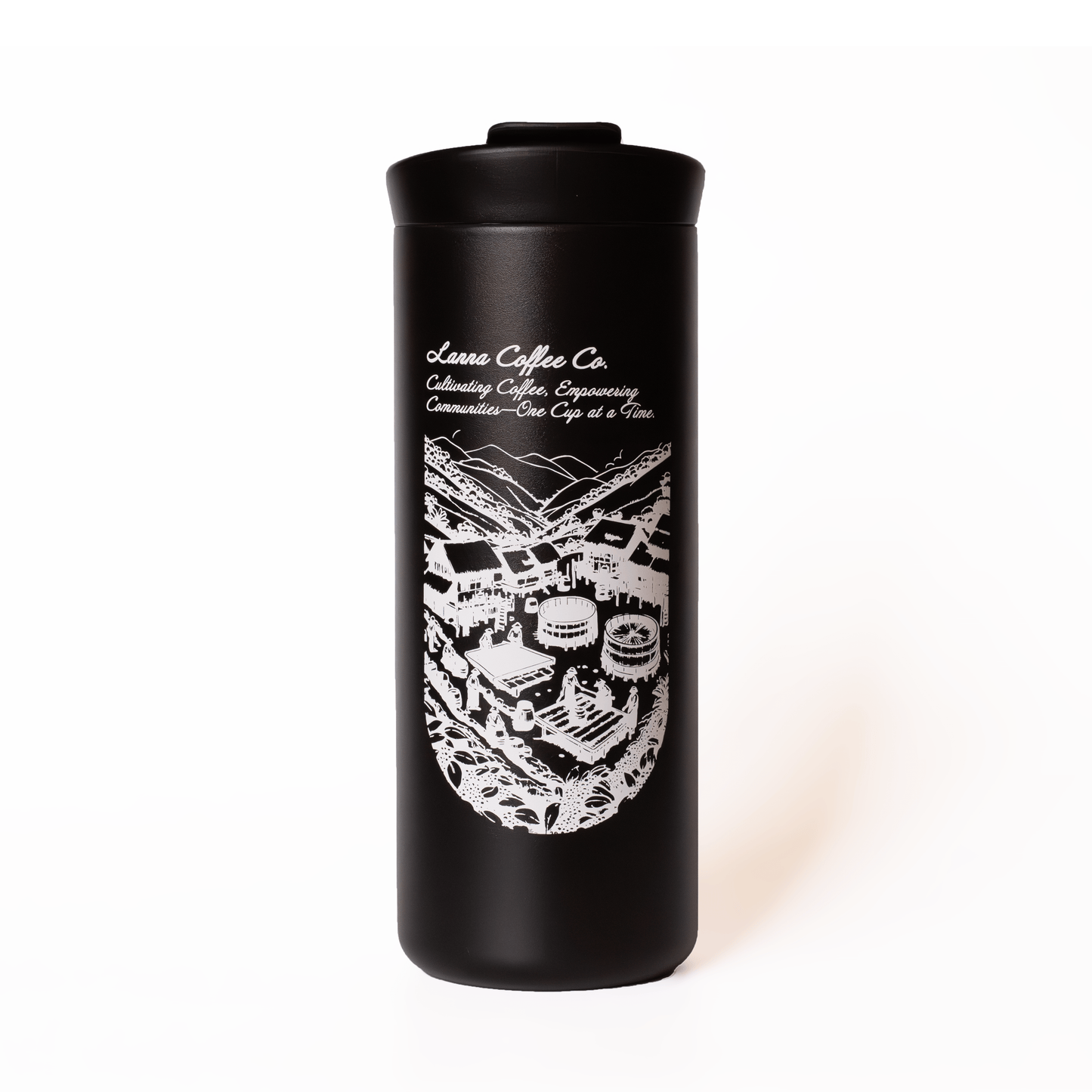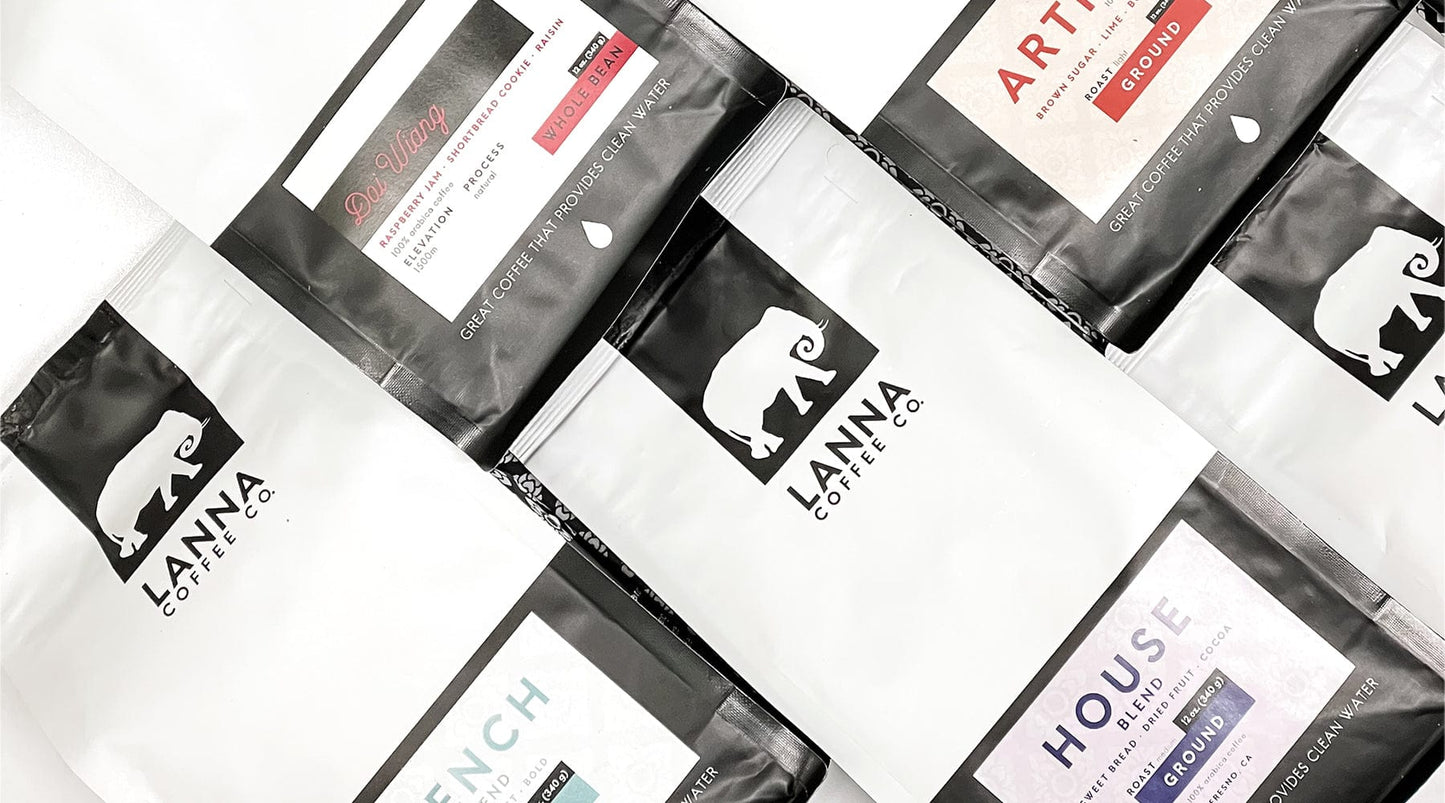
Coffee is more than just a morning ritual or an afternoon pick-me-up—it's a global phenomenon that connects farmers, communities, and consumers across the world. The journey from bean to brew is complex and fraught with challenges, including ethical dilemmas that impact the lives of those in the supply chain. By delving into the intricacies of this journey and highlighting the importance of supporting ethically sourced beans, we can begin to appreciate the true value of our daily cup of coffee.
The Global Coffee Supply Chain
The journey of coffee begins in the equatorial "coffee belt," where the climate is ideal for growing the coffee plant. Countries like Brazil, Colombia, Ethiopia, and Vietnam are among the top coffee producers, each offering unique beans that contribute to the rich diversity of global coffee culture. However, the path from the coffee farm to your cup is long and complex, involving numerous steps including cultivation, harvesting, processing, roasting, and finally brewing.
Challenges in Coffee Production
Coffee farmers face significant challenges, from fluctuating market prices to the impacts of climate change. Unfortunately, these challenges are compounded by issues of unfair labor practices and environmental degradation. In some regions, coffee farmers are paid below the cost of production, forcing them into a cycle of debt and poverty. Child labor and exploitation are also prevalent in some areas, overshadowing the joy that coffee brings to millions.
The Importance of Ethically Sourced Beans
This is where the importance of ethically sourced beans comes into play. Ethical sourcing aims to improve the living and working conditions of coffee farmers, ensuring they receive fair compensation for their labor and produce. It also emphasizes environmental sustainability, encouraging practices that preserve the health of the planet.
Fair Trade and Direct Trade
Two key models have emerged to promote ethical sourcing in the coffee industry: Fair Trade and Direct Trade.
-
Fair Trade: This certification ensures farmers are paid at least the market price or higher for their beans, providing a safety net against the volatile global coffee market. Fair Trade also promotes better working conditions and environmental practices.
-
Direct Trade: This model fosters a direct relationship between coffee roasters and farmers, often bypassing traditional trading routes. Direct Trade allows for greater transparency, with roasters typically paying above market rates to reflect the quality and sustainability of the produce. For example, Lanna Coffee exemplifies this commitment through our established relationships with villages in Thailand, ensuring that our direct trade coffee not only meets high quality standards but also supports the communities that grow it
The Role of Specialty Coffee
Specialty coffee plays a significant role in promoting ethical practices within the coffee industry. Defined by its high quality and distinctive flavor profiles, specialty coffee often commands a higher price, which can translate to better compensation for farmers. Roasters and cafes within the specialty coffee community frequently engage in Direct Trade, visiting farms and working closely with producers to ensure quality and ethical standards are met.
Addressing Mistreatment in the Supply Chain
To combat mistreatment and ensure the sustainability of the coffee industry, it's crucial for all players in the supply chain to work together. Consumers can contribute by choosing to purchase ethically sourced and specialty coffee, thereby supporting better practices industry-wide. Educating oneself about the origins of coffee and the conditions under which it is produced is the first step toward making more conscious choices.
How You Can Support Ethically Sourced Coffee
- Look for Certifications: When buying coffee, look for Fair Trade, Rainforest Alliance, or other relevant certifications that indicate ethical sourcing practices.
- Support Specialty Coffee: Specialty coffee roasters often prioritize direct relationships with farmers, ensuring fair compensation and sustainable practices.
- Educate Yourself and Others: Awareness is the key to change. Learn about the coffee supply chain and share your knowledge with others.
- Ask Questions: When visiting cafes, ask about the origins of their coffee and their sourcing practices. Showing interest can encourage businesses to prioritize ethical sourcing.
The journey from bean to brew is a testament to the complexity and interconnectedness of our global community. By choosing to support ethically sourced coffee, we can help ensure that this journey is sustainable, equitable, and enriching for all involved. Let's savor our next cup with a deeper appreciation for the hands that cultivated it and the practices that brought it to us. After all, every sip has the power to make a world of difference.


